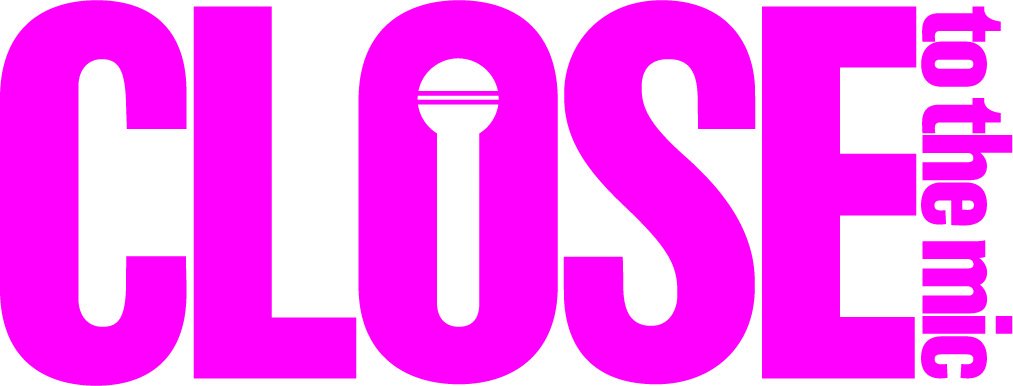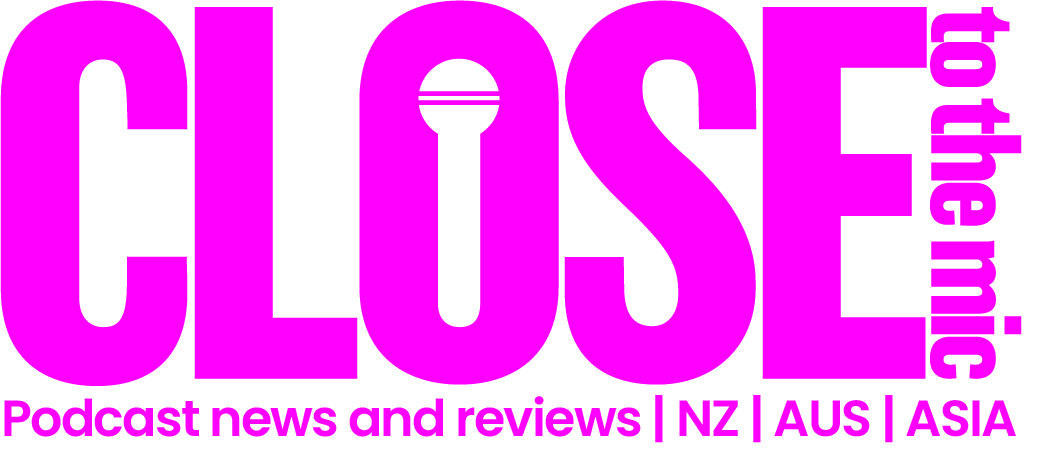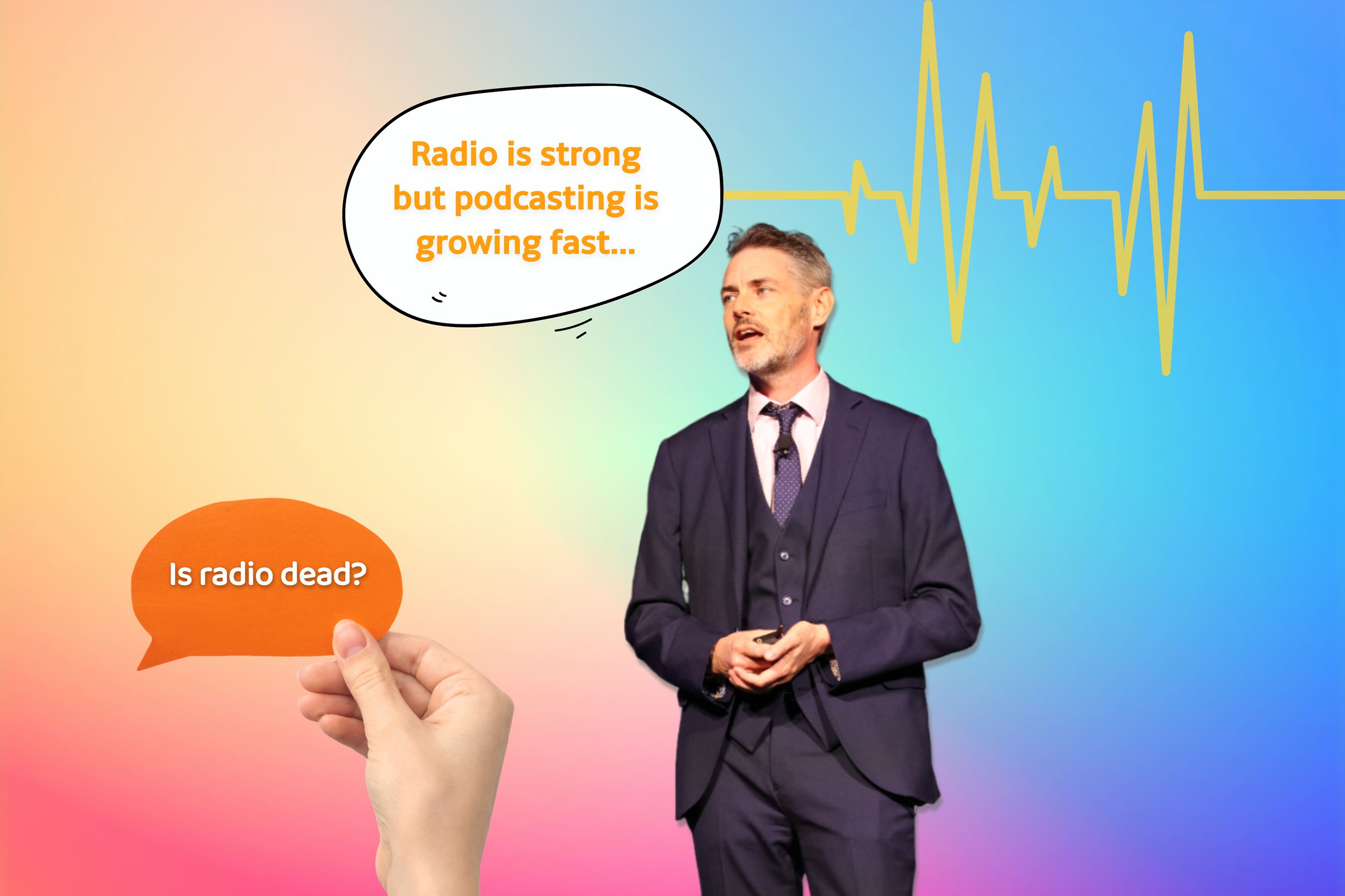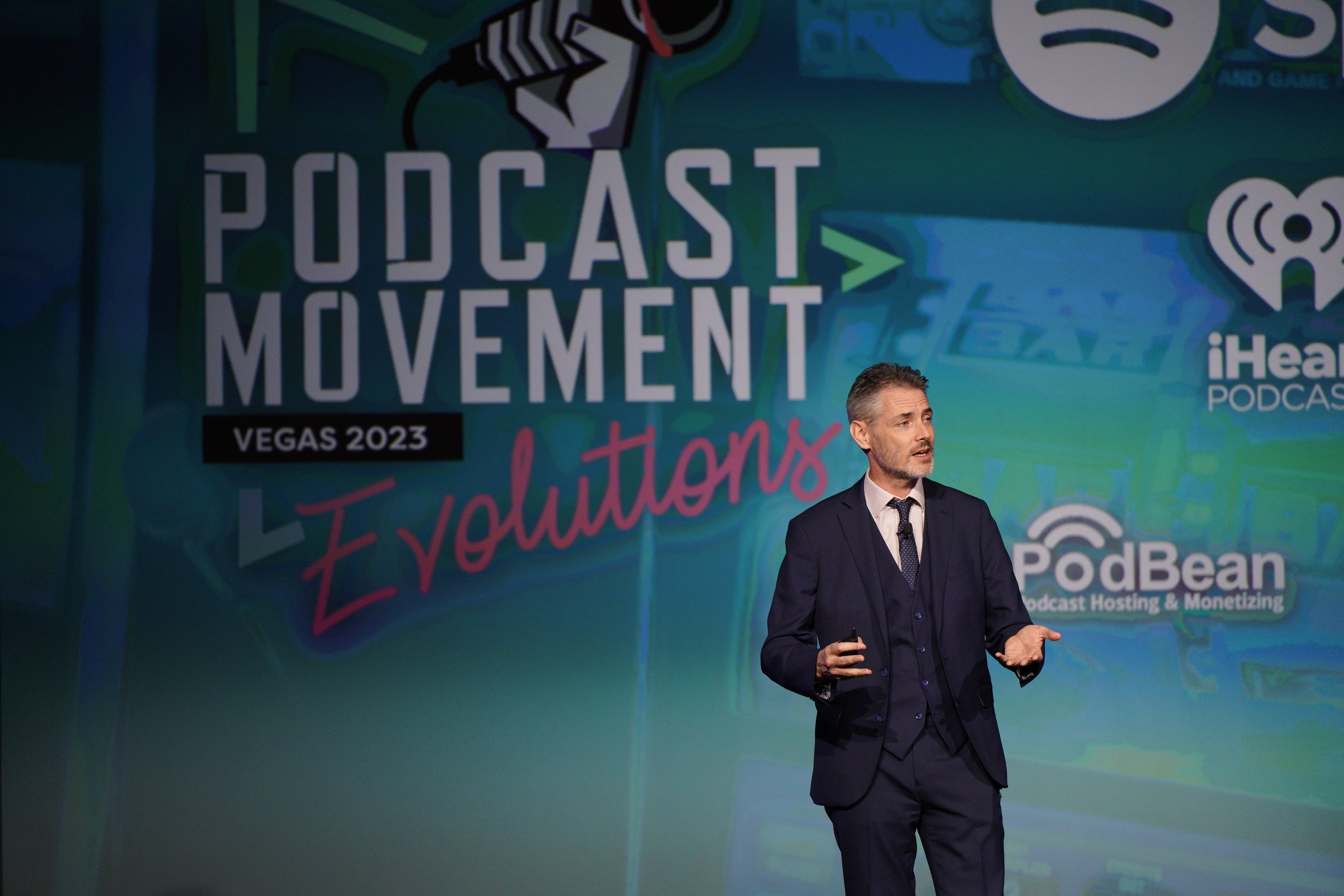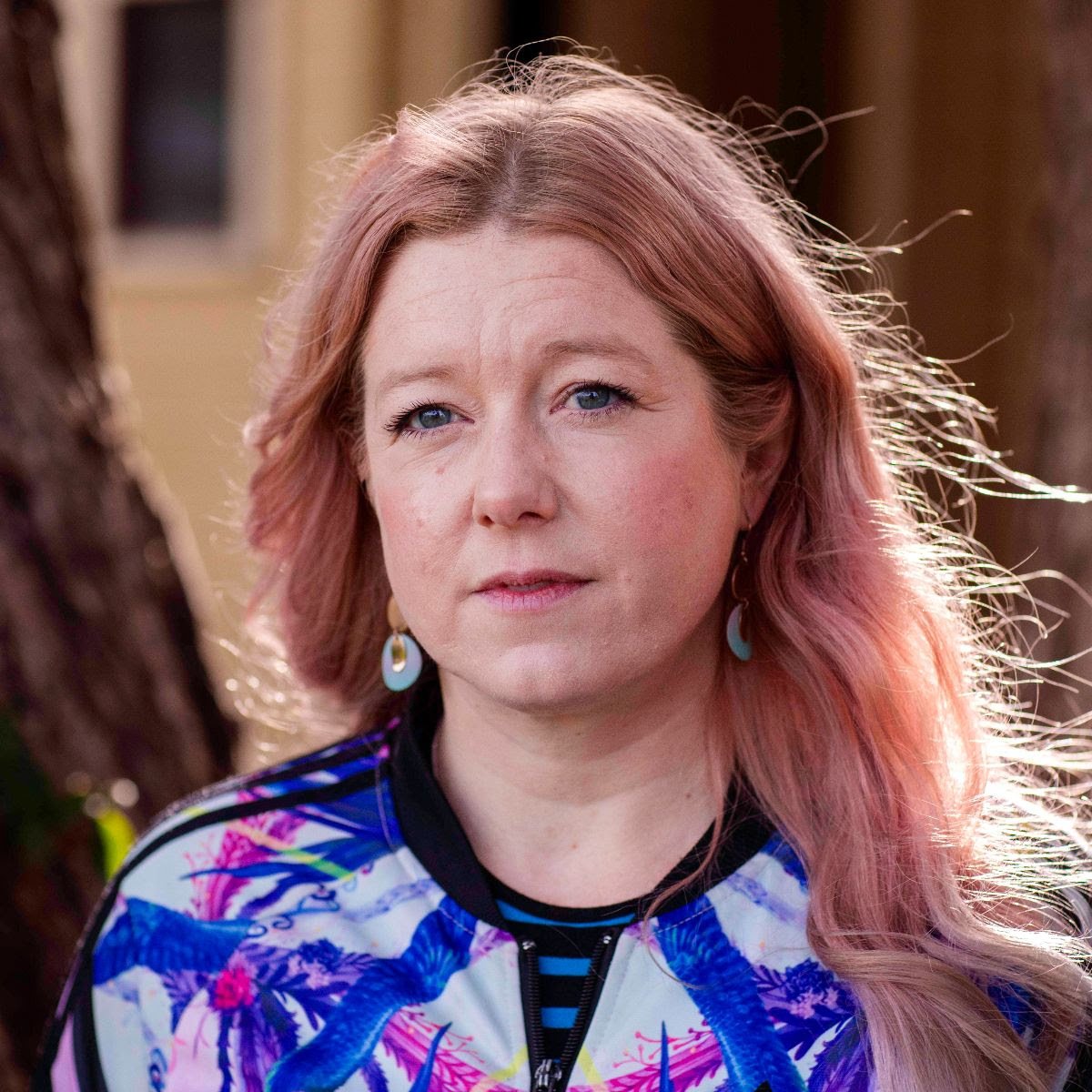An Industry Like No Other
James Cridland will be speaking at the NZ Podcast Summit.
By Sonia Yee
Brisbane-based James Cridland aka the ‘radio futurologist’ will be bringing his insights to the NZ Podcast Summit this upcoming weekend.
As a consultant, he works with radio companies around the world helping them understand what’s next in audio. These days, that also includes podcasts and what’s clear is that Cridland has positioned himself cleverly in an industry that continues to grow. His title ‘radio futurologist’ infers that he has an all-seeing eye into the future.
“It means I can print my own business cards and put anything on there, and nobody will tell me off,” says Cridland who has been involved in podcasting since early 2005, when he produced Virgin Radio UK’s first podcast in March that same year.
“It was quite a month [because we simultaneously] launched the first streaming radio app in the world and those appear to have taken off quite well,” Cridland says.
Much of his work requires international travel and speaking at events, most recently at Radiodays Europe in Prague, and Spotify’s All Ears podcasting conference in Berlin, aimed at German-speaking countries: Austria, Germany and Switzerland. Cridland says the event was positive, with German language podcasting now growing quickly after a slow start.
In attending these large scale European conferences year-on-year, Cridland has noticed a rise in popularity of podcasting, and says it is an indication that radio companies are picking up the medium, which is contributing to further growth.
James Cridland (right) speaks at the All Ears conference in Berlin. Image: Framestock productions.
“Interestingly, the French have a special word for podcasts that haven’t already been on the radio - they call them “natif” podcasts (which translates as native). That probably points to radio being almost too strong in terms of podcasting in the country.”
Cridland believes radio is still a robust industry, but podcasting is quickly turning into a replacement for some audiences. He adds that ‘smart’ stations are producing digital-first audio for podcasts, which are then packaged for a radio context, as opposed to the other way around.
Still excited by the podcast space, Cridland says its popularity and accessibility is a result of there being no gatekeepers, commissioners or station managers, especially for those independent makers operating outside of the media.
“If you want to be on the same platform as Joe Rogan or RNZ broadcaster Kim Hill, you can do it with podcasting - it’s totally unique in terms of a media platform,” he says.
The podcast environment has changed considerably from when Cridland started, and he is thankful that it has remained an open platform where anyone can make a podcast, or even launch their own podcast player.
“Spotify and Apple Podcasts may rule the space, but a third of all podcast plays happen on an independent app built by people in their garage in their evenings and weekends. That’s an amazing thing,” Cridland says, adding the two best podcast apps have both been made in Australia - Pocket Casts, built by a company in Adelaide, and another was released at the same time by Melbourne’s Omny Studio.
“That’s all pretty exciting. What I like about podcastings’ growth is that, mostly, it’s been slow and gradual. This isn’t a flash-in-the-pan MySpace or a FourSquare, it’s a slow-build, and one that means podcasting has a solid future,” he says.
Cridland says the industry growth of podcasts will continue to be slow and steady. Image supplied.
Back on home turf in Australia, Cridland has been responsible for organising the last two Podcast Day 24 events in Sydney, which provided an insight into what’s happening in Australia. He says the market is currently dominated by the ABC who were the first to take podcasting seriously.
“[They] have the programming to take advantage of [podcasting]. I’m looking forward to them being in the Australian Podcast Ranker - their absence from it has been shortsighted and has meant they’ve not had the recognition they deserve,” he says of the public broadcaster.
On the other hand, smaller companies such as Mamamia, Podshape and Deadset Studios are making a dent in what he refers to as “a mature and growing podcast market”.
Whereas, large commercial radio companies, SCA and ARN, are also growing their stable of podcasts. Podcasting has grown quickly, and Cridland refers to it is an industry like no other.
“[It] is surprisingly collegiate and helpful…competitors work together to make the industry better,” he says.
Equally, it also means there are plenty of opportunists jumping on the bandwagon looking to take advantage.
“I’m surprised by the high amount of new entrants to the industry who don’t bother doing any research, and palm themselves off as experts in a field that they’ve only been working in for six months. I guess with any fast-growing industry, you’ll get a few charlatans,” he says.
Arriving shortly in New Zealand, Cridland has a connection to the industry in Aotearoa having spent “a little time at RNZ and with the Radio Bureau”.
So, what would he like to see happen in the New Zealand podcast market? From an outsider perspective, the radio futurologist feels Aotearoa’s podcast industry “seems overly concentrated on reheated radio shows”.
He uses RNZ and commercial radio as examples where daily or weekly programming is repackaged into digital podcasts. The issue with this, according to Cridland, is that ‘radio’ could force an unnatural set of structures onto podcasting.
“I’d like to see more support from NZ On Air into the podcast sector. It concerns me that many of the most popular shows in New Zealand are from the United States - New Zealanders are not Americans, and culture is important,” he says.
When Cridland looks to the global future of podcasting he envisages a slow and steady growth, one that is likely to move a lot slower than people would like. On the horizon he also sees fewer ‘exclusive podcasts’ on the market, with accessibility being a key driver.
“Companies wishing to gain influence or revenue from podcasts will move away from any exclusivity agreements - they’re incompatible. If Elon Musk has taught us anything, he’s shown the folly of one person or company being in charge,” says Cridland.
Tickets are still available for The NZ Podcast Summit, Saturday 13 May at AUT University.
